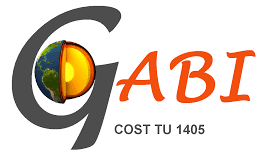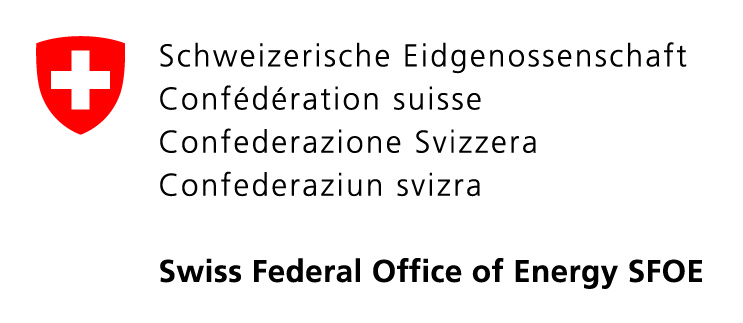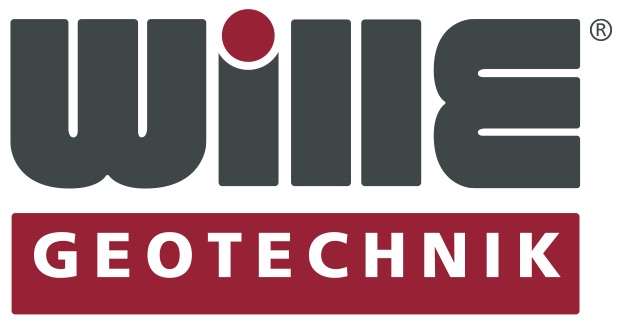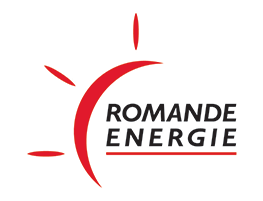Organizers: Dr. Thomas Nagel and Dr. Francesco Parisio, Helmholtz Centre for Environmental Research – UFZ
One of the greatest societal challenges of the coming decades involves the proper management of harmful waste substances. In particular, the energy sector contributes some of the most potentially harmful waste products, i.e., carbon dioxide (CO2) and high level radioactive waste (HLRW) and for both of them deep geological storage is discussed as a solution. The time-range in which safety and insulation of the surrounding environment must be guaranteed, spans from hundreds of years for CO2 sequestration, to several thousand for HLRW, which makes numerical modeling particularly important as physical testing has severe limitations in the context of such durations. The complexity of the processes involved implies that strong multi-physics coupling must be properly addressed: thermal effects, the role of pore water, chemical interactions and mechanical deformation all take place in the fractured porous media considered for deep geological disposal. The potential catastrophic impact of system failure requires elevated safety margins to be sought.
In such conditions and in the absence of long term experimental validation, numerical modeling is very challenging and yet of paramount importance. Strict collaboration, data exchange and results discussion within the scientific community is vital to ensure long-term success. This mini-symposium seeks to bring together the most prominent figures from the scientific community involved in numerical modeling of thermo-hydro-mechanical-chemical (THMC) processes in fractured porous media for waste management issues. Several important issues in the field such as, to name a few, coupling schemes, accounting of discontinuities, multi-scale process description, management of uncertainties, large and massively parallelized computations, numerical schemes and efficient computing are to be properly addressed in the coming years and contributions in these area topics constitute the core content of the mini-symposium. Experimental contributions aiming at the validation of process models are also considered.










